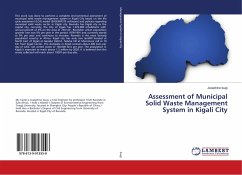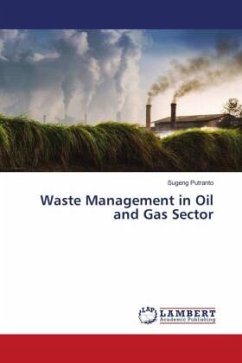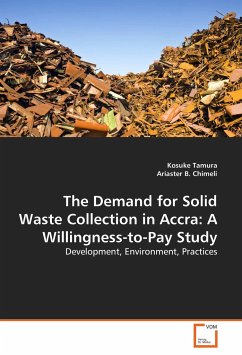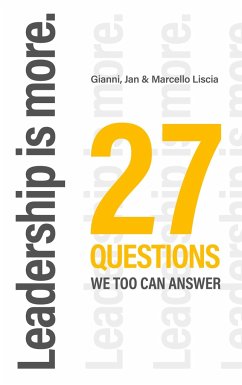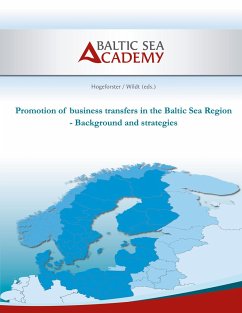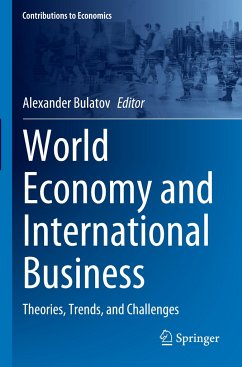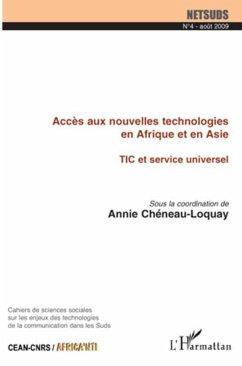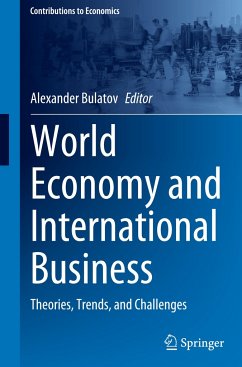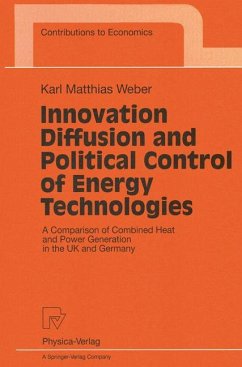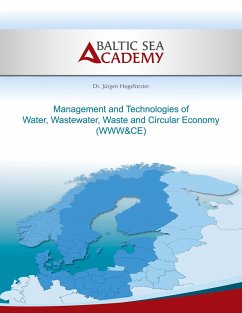
Management and Technologies of Water, Wastewater, Waste and Cir-cular Economy
WWW&CE

PAYBACK Punkte
0 °P sammeln!
Around 99 % of all EU companies are SMEs which provide up to 70 % of all jobs. Generally, SMEs have good future growth prospects, however they are specifically well equipped to solve environmental problems, hence grow in the green economy. Nowadays, the biggest bottleneck is the significant skills shortage in most economic sectors while job vacancies in SMEs and overall unemployment, in particular youth unemployment, is steadily growing. A a result of cooperation between educational institutions and industry entities, work-based learning has become a prominent tool to eliminate bottlenecks and...
Around 99 % of all EU companies are SMEs which provide up to 70 % of all jobs. Generally, SMEs have good future growth prospects, however they are specifically well equipped to solve environmental problems, hence grow in the green economy. Nowadays, the biggest bottleneck is the significant skills shortage in most economic sectors while job vacancies in SMEs and overall unemployment, in particular youth unemployment, is steadily growing. A a result of cooperation between educational institutions and industry entities, work-based learning has become a prominent tool to eliminate bottlenecks and create conditions for further growth in innovative market segments.To continuously coordinate education and skills requirements, and address skills shortages, higher education institutions along with education and training providers, and economic chambers from 7 countries built up and established an alliance for the following sectors: "Water, Wastewater, Waste and Circular Economy". This alliance was then extended to 13 countries with 74 education and labour market actors and continues to perform its duties as the "Eco Innovation" centre of competence in the long term.This publication contains the relevant curricula, application notes and experiences as a result of the project WWW&CE with the following partners: Hanse-Parlament (DE), Panevezys Chamber of Commerce, Industry and Crafts (LT), Vilnius Gediminas Technical University (LT), Vilnius Builder Trainings centre (LT), Hungarian Association of Craftsmen Corporation (HU), Kontiki-Szakkepzö Zrt (HU), Chamber of Craftmanship and Enterprise in Bialystok (PL), Bialystok Foundation of Professional Training (PL), Nordic Forum of Crafts (NO), Satakunta University of Applied Sciences (FI), Wirtschafts-Förderungsinstitut der Wirtschaftskammer Steiermark (AT).





